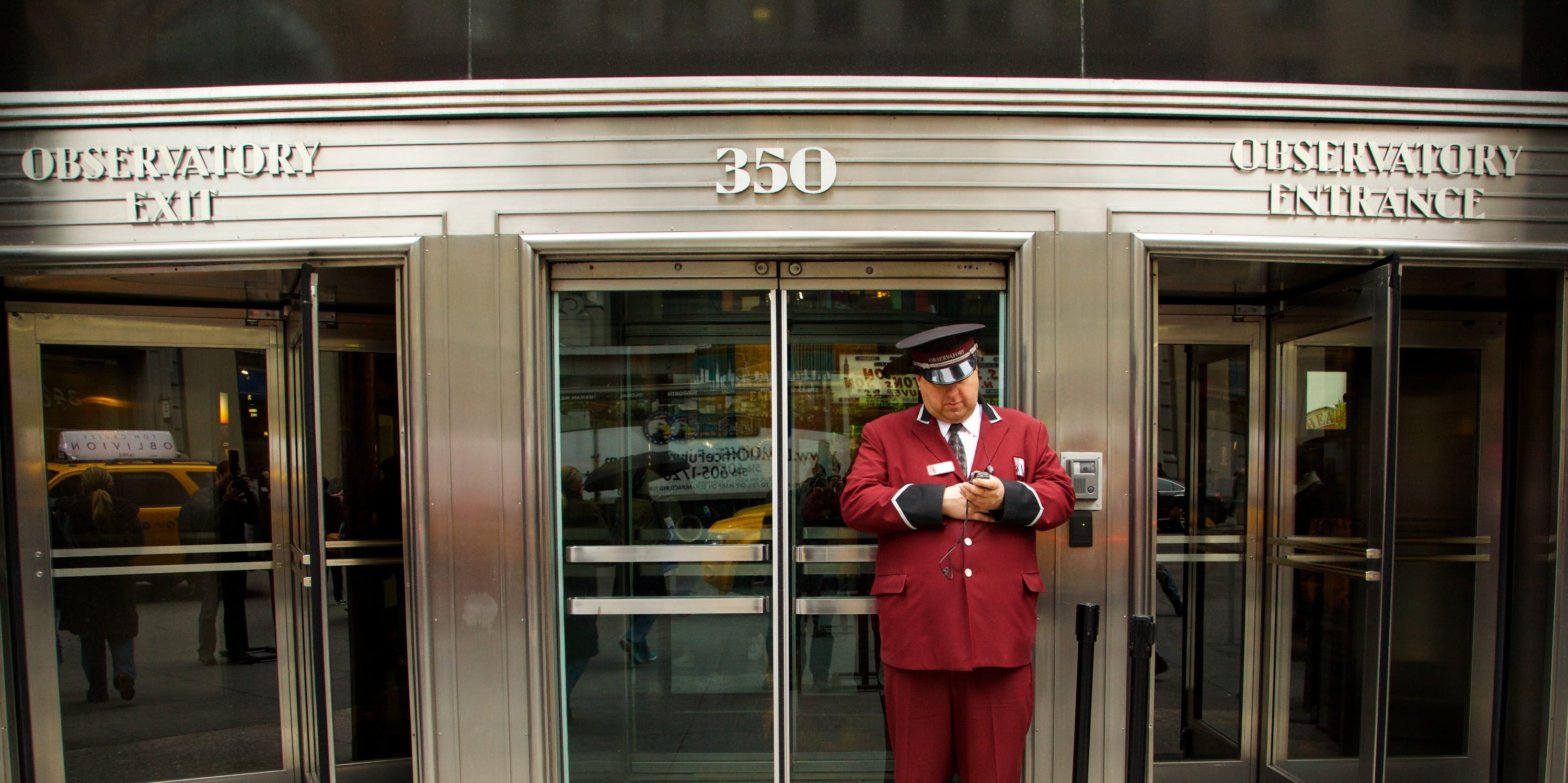The highest tier of office buildings will continue to do well, property exec Scott Rechler said. “And then there’s Class B office or lower-grade Class A that effectively is going to become competitively obsolete.” That could lead to losses at the bank level and investor level, he warned. Loading Something is loading.
Thanks for signing up!
Access your favorite topics in a personalized feed while you’re on the go.
A huge chunk of office buildings are going to be “obsolete,” leaving real estate investors and banks left to weather the losses, according to Scott Rechler, the CEO of RXR Realty.
In an interview with CNBC on Tuesday, he pointed out that not all offices are the same, saying that the highest tier of buildings, known as Class A, will continue to do well as more people return to in-person work.
“And then there’s Class B office or lower-grade Class A that effectively is going to become competitively obsolete,” Rechler added.
The US office vacancy rate just rose to an all-time-high of 13.1% at the end of the last quarter, according to National Association of Realtors data.
Lower-tier buildings could be repriced and turned into other forms of commercial real estate, such as such as apartment buildings, but Rechler noted that such conversions aren’t easy and that only so many offices can be converted.
“If you really think about it, if you’re trying to attract your workforce back to the office and you want to collaborate, you want to be in places that have energy, that have amenities, places where people can gather together … Class B, dark buildings, bad infrastructure, bad light, bad air, people don’t want to be in those buildings,” he told CNBC.
Banks are already scooping up distressed office space and other commercial real estate, with Goldman Sachs among the list of lenders who are raising billions to buy up properties, the Wall Street Journal reported.
Over time, more distressed inventory will hit the market, Rechler predicted, which could lead prices to drop.
“I think there are going to be losses at the bank level, there are going to be losses at the investor level,” he warned.
But for regional banks, multifamily properties are actually a bigger commercial real estate risk than office buildings, because rents have been relatively flat recently while interest rates have spiked, Rechler said.
Experts have warned of a catastrophe coming for commercial real estate for months, as there’s around $1.5 trillion worth of debt in the sector that will soon hit maturity. That could spell trouble for property owners who will need to refinance their loans, though banks are pulling back on lending and are unlikely to issue debt at low rates.
Those headwinds could culminate in a major commercial real estate crash, which could involve office prices plunging 35% over the next few decades, one research firm warned.
